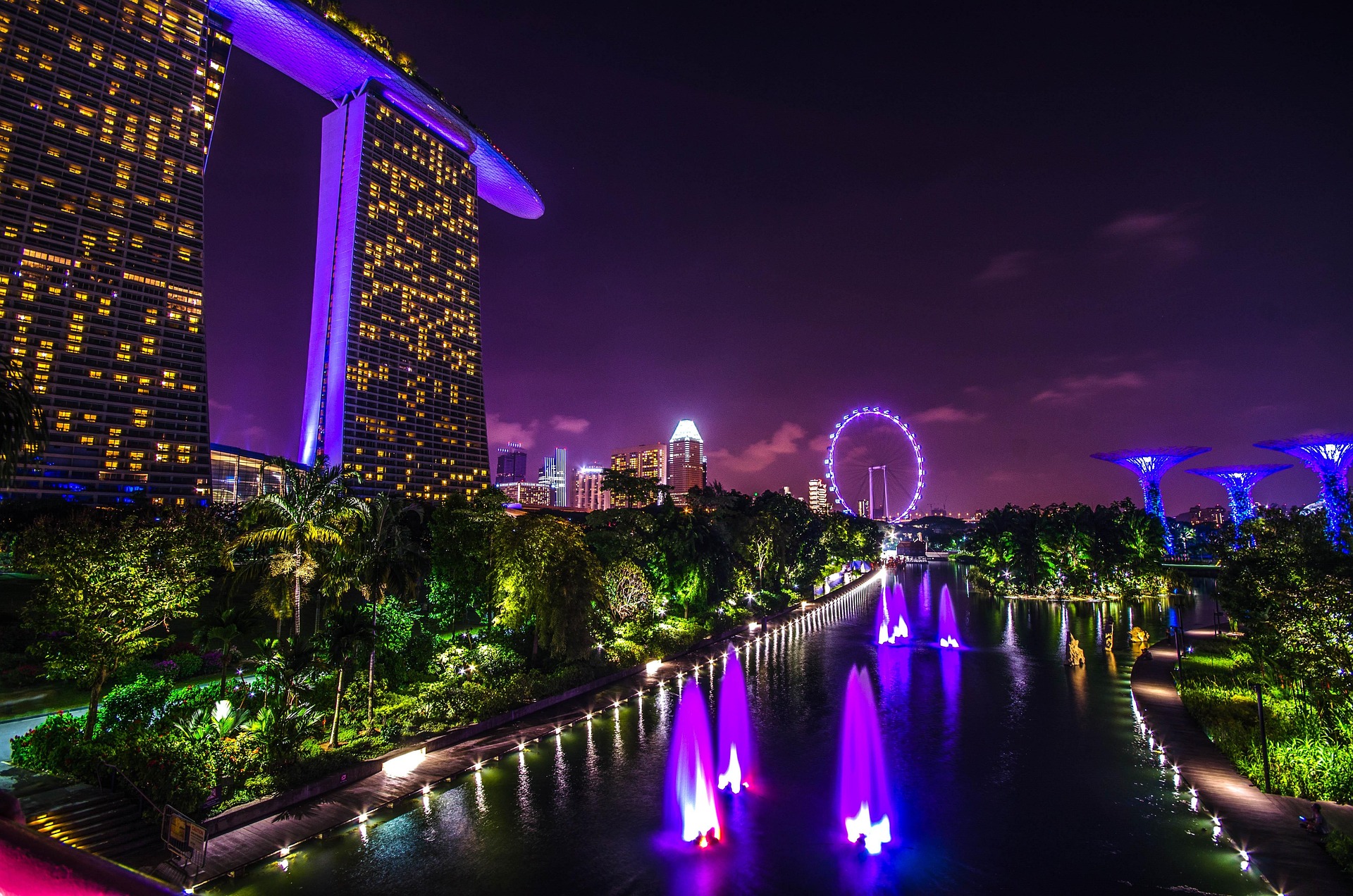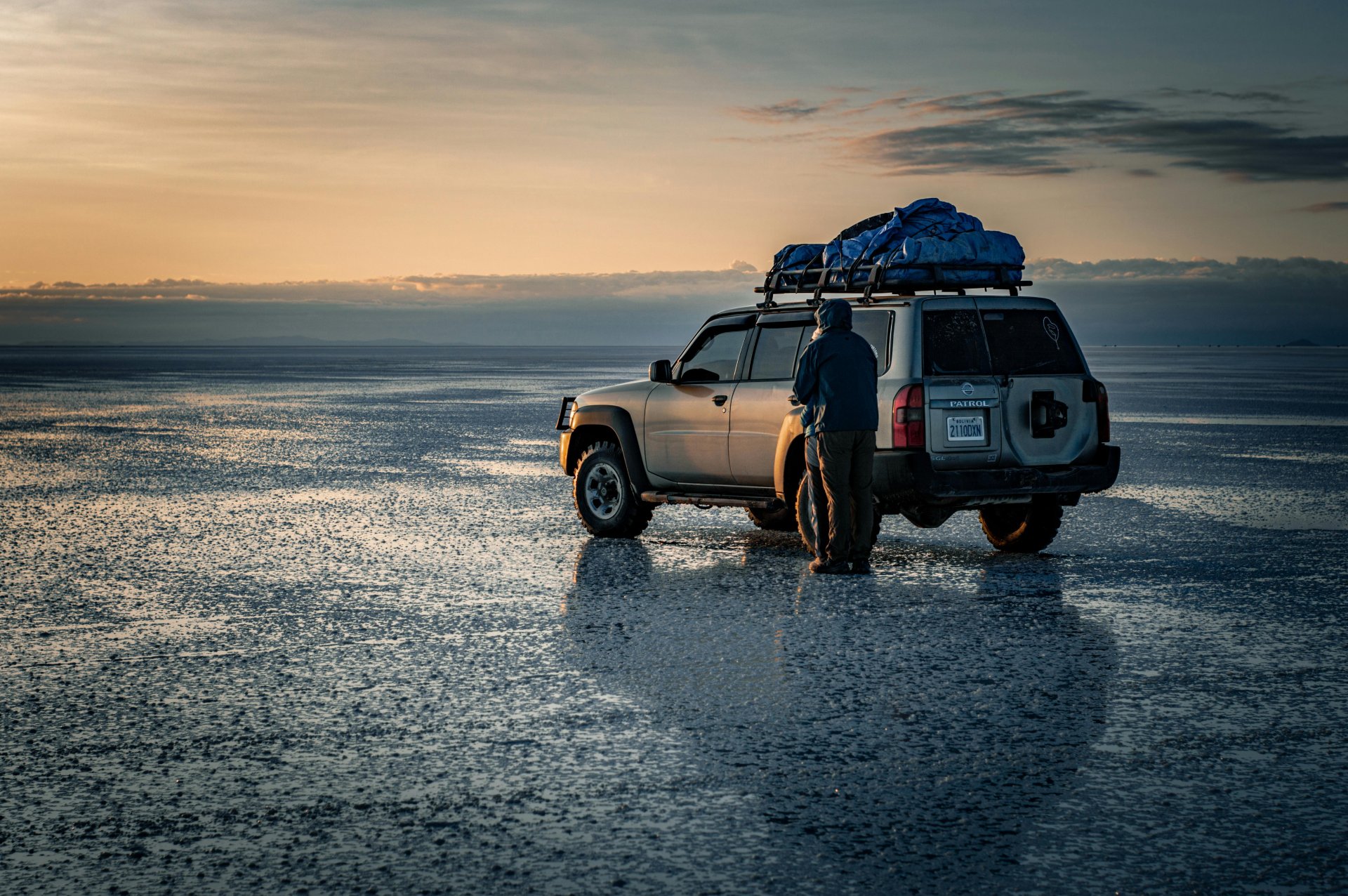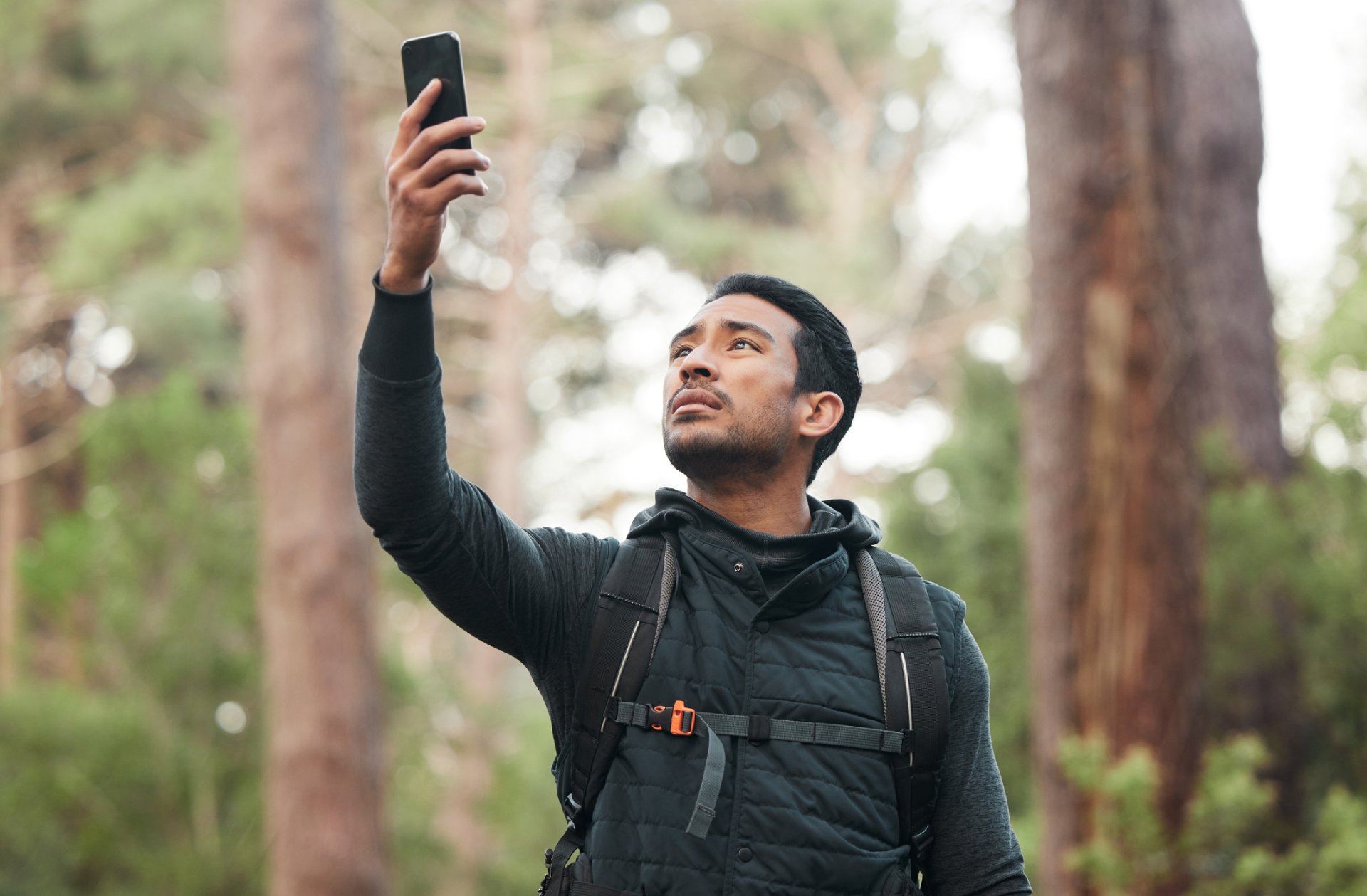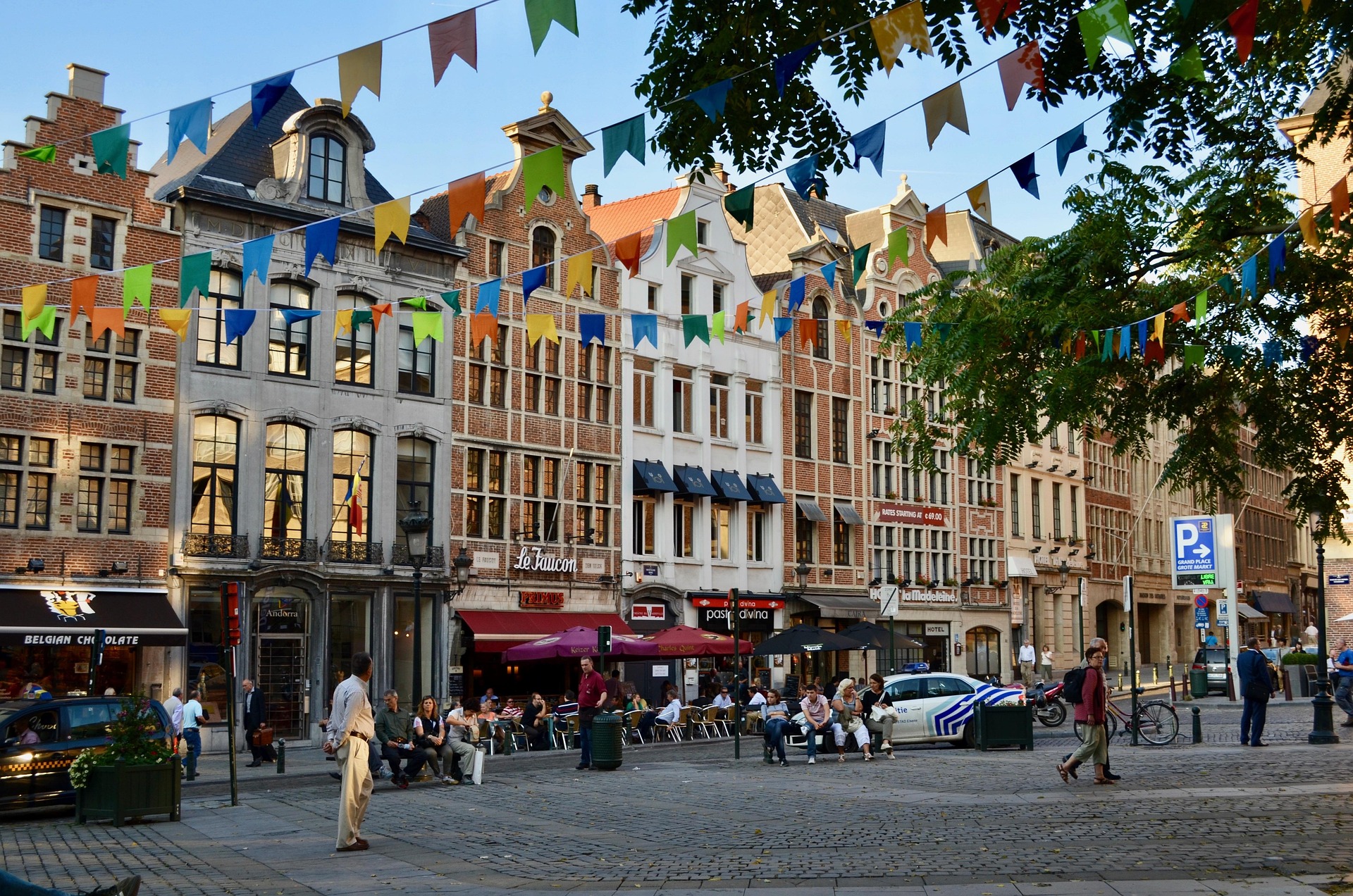Related Posts

Feb 18, 2025 5 mins read
Exploring Singapore: Why You Should Add It to Your Travel Bucket List

Feb 14, 2025 4 mins read
Dream Destinations 2025: Northern Lights, Kenya Safari, and the Galapagos Islands

Feb 13, 2025 5 mins read
Overland Expedition: The Best Overlander Drives in South America

Feb 12, 2025 5 mins read
SATCOM Devices: The Rise of Satellite Messaging Technology

Feb 07, 2025 6 mins read
Kilimanjaro Climbing Guide: Ethical, Affordable, and Unforgettable

Feb 06, 2025 4 mins read
Medication Rules for Remote International Destinations

Feb 04, 2025 5 mins read
Stockholm Like a Local: Fika, Festivals, and Outdoor Fun in Sweden’s Capital

Jan 31, 2025 5 mins read
Tips for a Greener Getaway: Top Destinations for Ecotourism and Sustainable Travel
General TotalCare Disclaimer:
- ©2025 Global Rescue LLC. TotalCare and the TotalCare logo are service marks of Global Rescue LLC. All Rights Reserved. Global Rescue LLC provides technical and administrative services to Elite Medical Group, P.C. (“Elite Medical”), a professional corporation owned by licensed physicians that employs or contracts with physicians licensed to practice medicine where medical services are provided. It is not guaranteed that a prescription will be written, nor will any DEA controlled substances, non-therapeutic drugs and certain other drugs which may be harmful because of their potential for abuse, as a result of a TotalCare consultation. Elite Medical physicians reserve the right to deny care for potential or actual misuse of services. The Global Rescue Mobile App is designed for operation on the current versions of Android and iOS operating systems. Availability of services is subject to your equipment compatibility, connectivity and signal in your location. There is no guarantee that all features and functionality will be available in your location. Use and availability of the Mobile App is subject to your service provider’s plan and may be subject to additional fees from your provider.
Extended Plan TotalCareSM:
- For individuals 85+, medical transport is not included in membership. Members 85+ may purchase medical transport on a fee for service basis.
Mobile Apps:
- Global Rescue Mobile Apps are designed for operation on the current versions of Android and iOS operating systems. Availability of services is subject to your equipment compatibility, connectivity and signal in your location. There is no guarantee that all features and functionality will be available in your location. Use and availability of the Mobile Apps are subject to your service provider’s plan and may be subject to additional fees from your provider. The download and use of a Global Rescue Mobile App is subject to the terms of your Member Services Agreement and the applicable End User License Agreement (EULA).
Mobile Apps:
- Global Rescue Mobile Apps are designed for operation on the current versions of Android and iOS operating systems. Availability of services is subject to your equipment compatibility, connectivity and signal in your location. There is no guarantee that all features and functionality will be available in your location. Use and availability of the Mobile Apps are subject to your service provider’s plan and may be subject to additional fees from your provider. The download and use of a Global Rescue Mobile App is subject to the terms of your Member Services Agreement and the applicable End User License Agreement (EULA).

